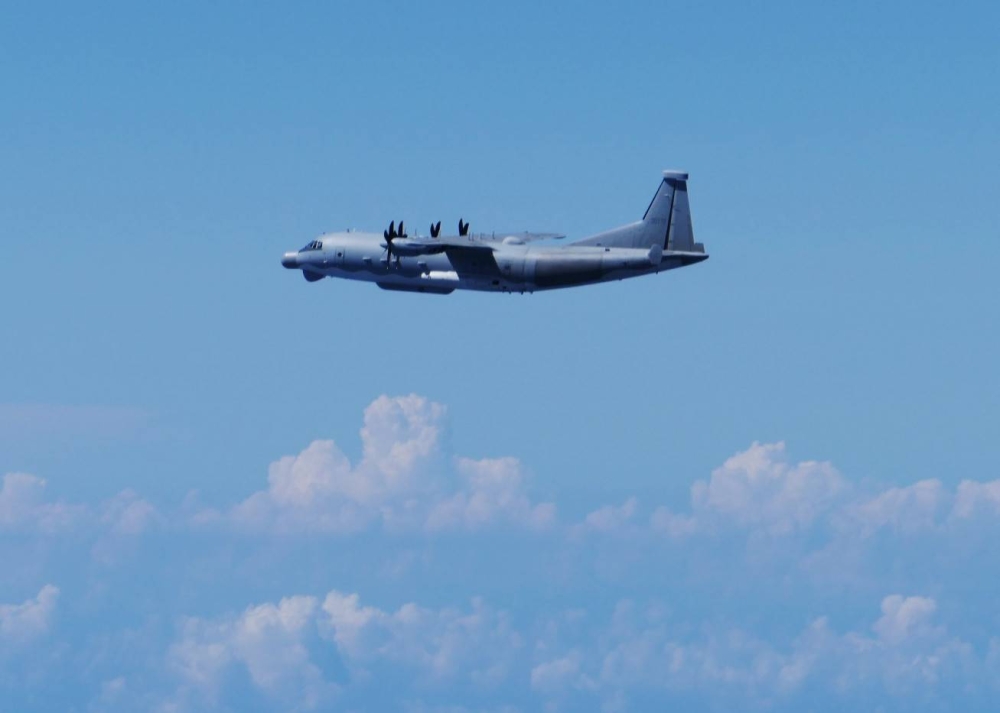The territorial violation by China is the latest in a series of events amplifying tensions between Beijing and Japan.
A Chinese military surveillance plane breached Japanese airspace off the country’s southwestern coast on Monday, marking what Japan’s defense ministry described as the first known incursion by China’s military into its territorial airspace.
According to a ministry official, a Chinese reconnaissance aircraft briefly entered Japanese territory near Nagasaki Prefecture around 11:30 a.m. on Monday. In response, Japan’s Self-Defense Force put fighter jets on high alert and issued a warning to the Chinese aircraft.
While Chinese planes frequently appear in international airspace around Japan, this incident represents the first confirmed entry of a military aircraft into Japan’s territorial airspace.



Ah yea, when people are concerned when a near-hostile country sends over unknown aircraft unannounced it’s just “hysteria”. Not like those weather balloons are perfectly capable of carrying bombs or biowarfare contagions or anything…
April 28, 1952 when the San Francisco Peace Treaty that was signed on September 8, 1951 went into effect.
Here’s a wikipedia article all about US-Japan relations since you appear to have flunked highschool history
A country’s biggest trading partner losing control of a very-well-established-as-weather-balloon aircraft.
https://en.wikipedia.org/wiki/Reverse_Course
Fascinating stuff for a fully democratic and not-at-all militarily occupied country to undergo. If you’re into Wikipedia articles, you should give it a read. Full consolidation of economic power under a few US-loyal Zaibatsus that dominate the country into the modern day. Rearming of a police force loyal to the occupying US government, which was dedicated to busting up unions and crippling the nascent labor-rights movement in the country. And rapid expansion of military bases, in the run up to the US invasion and aerial bombardment of the Korean Peninsula.